Category: Programming
-
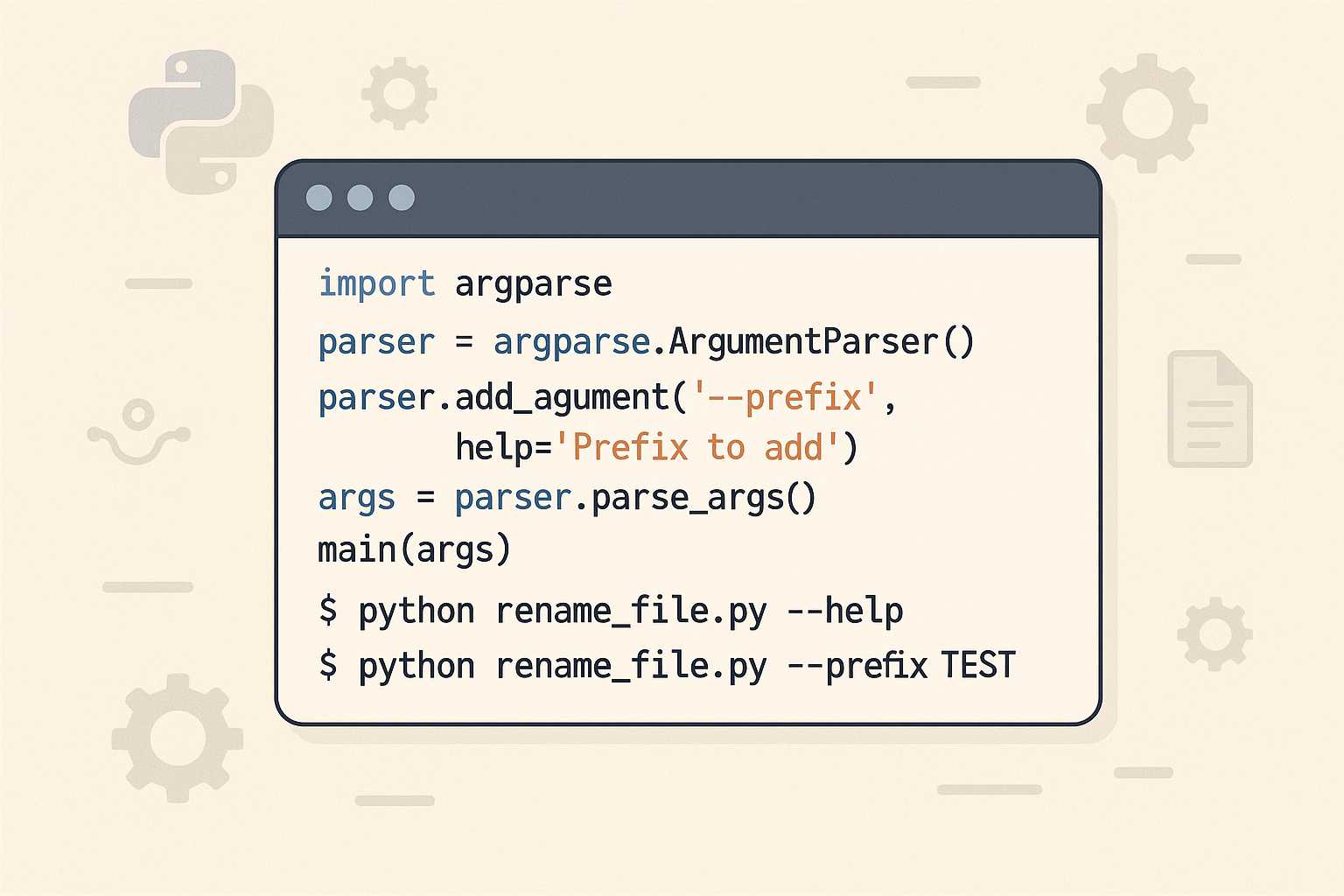
Level Up Your Command Line: Creating Custom Python Scripts with argparse
If you’ve ever found yourself running repetitive tasks in the terminal or wanted more control over how you launch Python scripts, it’s time to meet a powerful ally: the argparse module. This standard library tool unlocks the ability to build rich, user-friendly command-line interfaces (CLIs) for your Python projects—no external dependencies required! Why argparse? While…
-
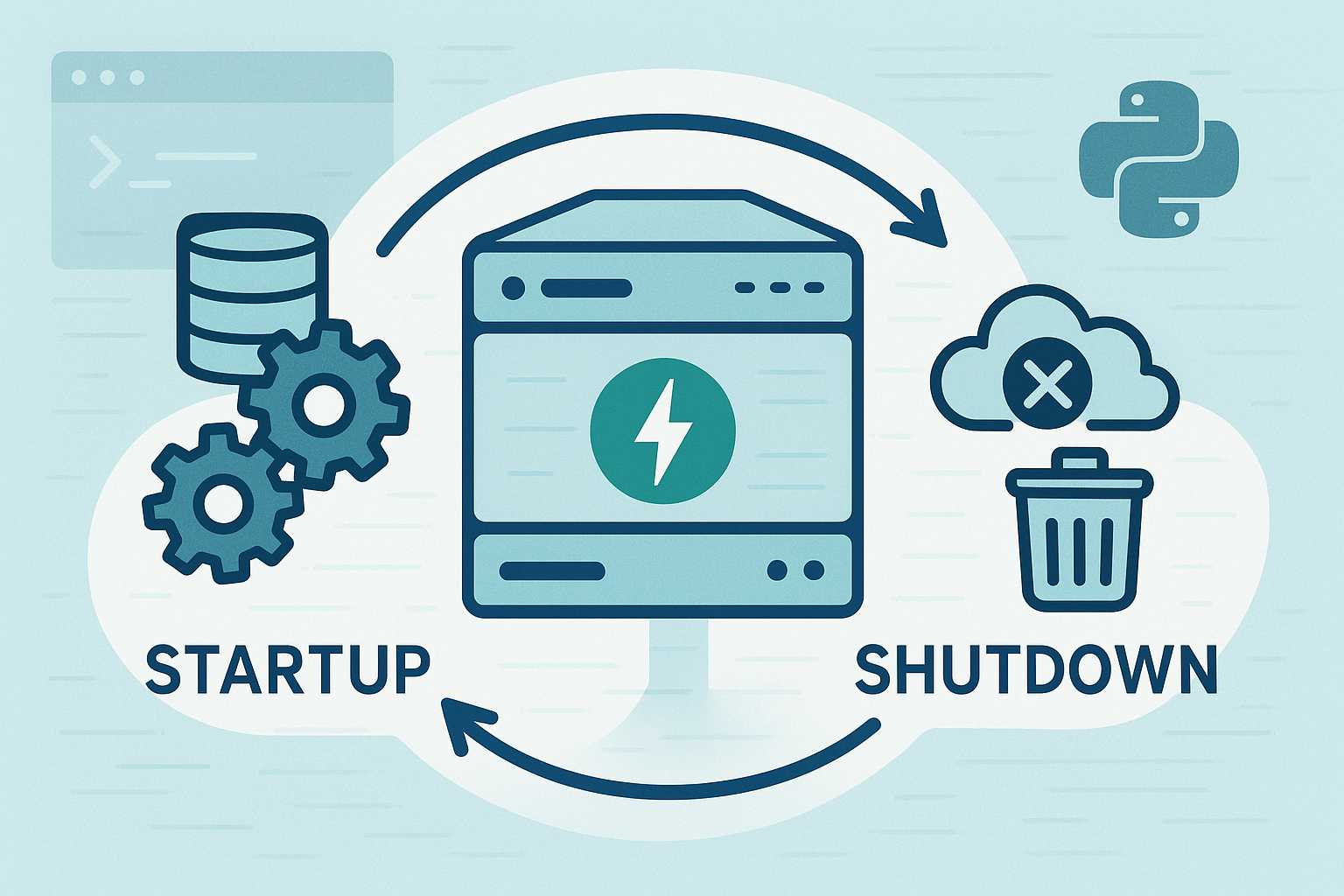
Understanding FastAPI’s Lifespan Events: Proper Initialization and Shutdown
When building robust APIs with FastAPI, it’s crucial to handle application startup and shutdown events cleanly. Whether you’re setting up a database connection, initializing background tasks, or gracefully releasing resources, FastAPI provides the lifespan interface for managing these key moments. Let’s walk through how to use lifespan events effectively, clear up some common pitfalls, and…
-

Claude Code vs. OpenAI Codex CLI: A Technical Comparison of the Newest AI Developer Agents
The rise of AI developer agents has shifted from novelty to necessity. What started as autocomplete tools has evolved into full-fledged teammates that can refactor codebases, review pull requests, run tests, and even manage development workflows end-to-end. Two of the leading contenders in this space are Claude Code (powered by Claude’s newer models) and OpenAI Codex CLI (now using GPT-5-Codex).…
-
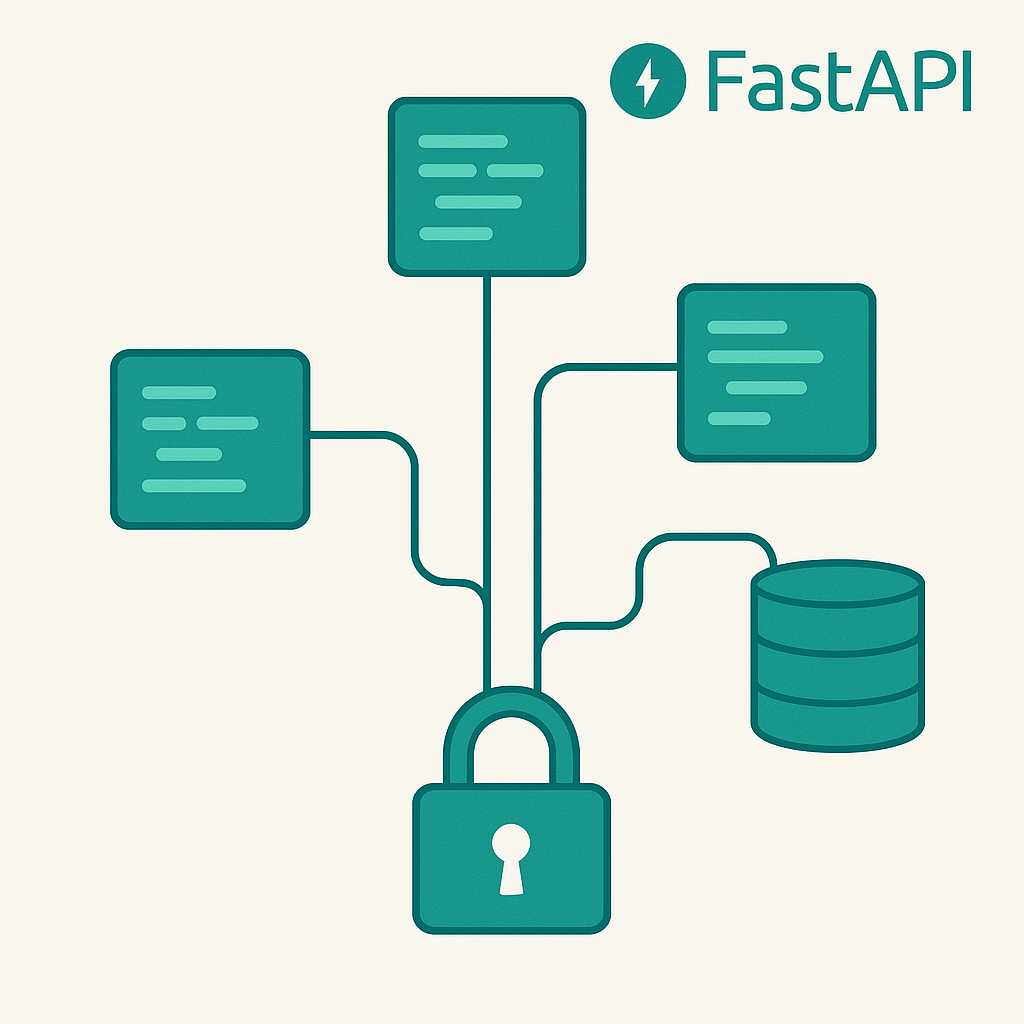
Safely Sharing FastAPI Dependencies Across Multiple Routers
FastAPI’s dependency injection system is powerful, but as your application grows and you modularize your code, it’s common to split your API into multiple routers. A question I often get is: "How can I safely share dependencies (like authentication or database access) across routers without duplicating code or causing unexpected side effects?" Let’s walk through…
-
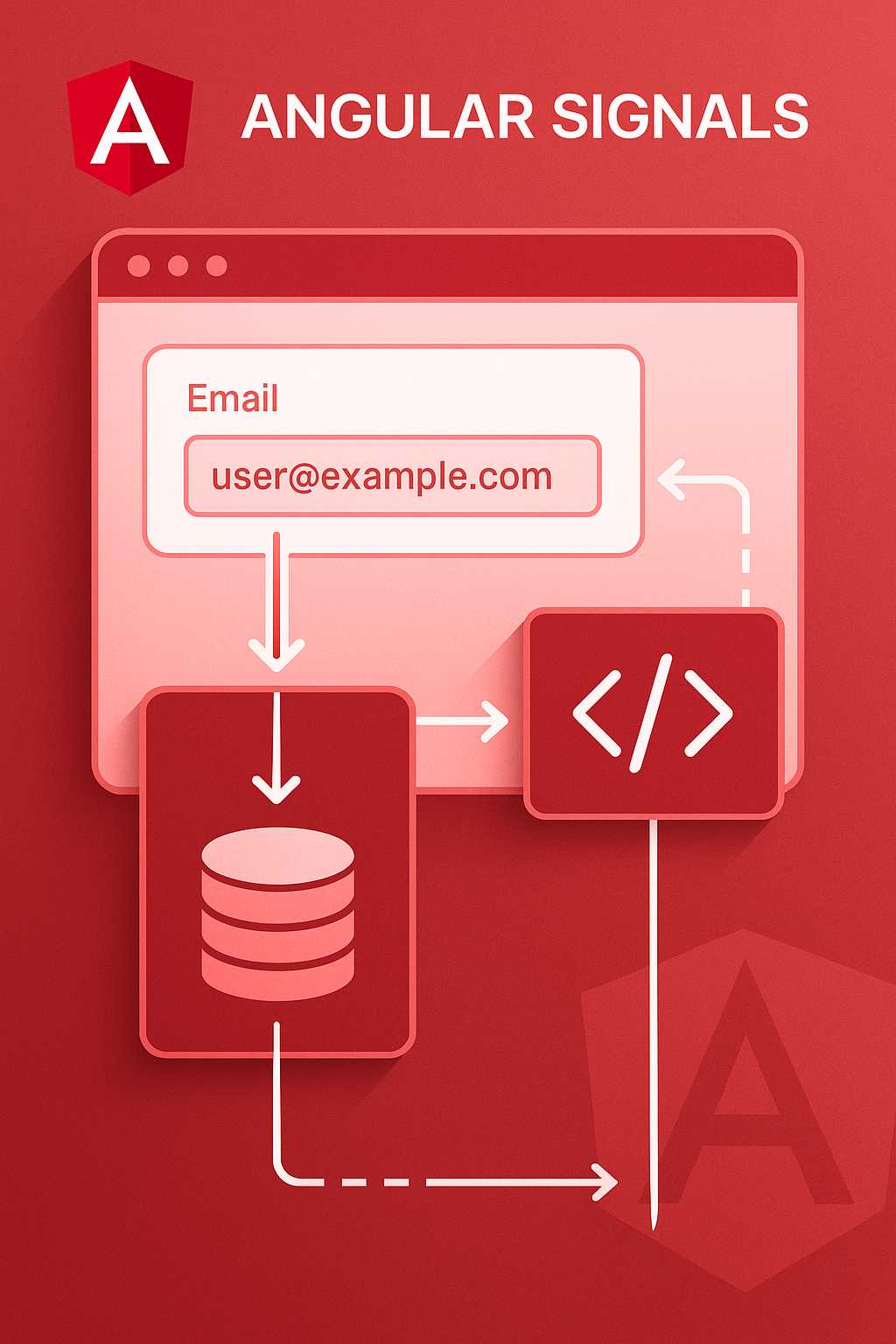
Angular Signals in Practice: Integrating Signals with Forms and Services
Angular Signals have recently emerged as a core piece of the Angular reactivity model, offering a more predictable and explicit mechanism for tracking and responding to change. While Signals are powerful on their own, developers often ask: how do you integrate them effectively with Angular’s forms and services, both of which are fundamental to most…
-
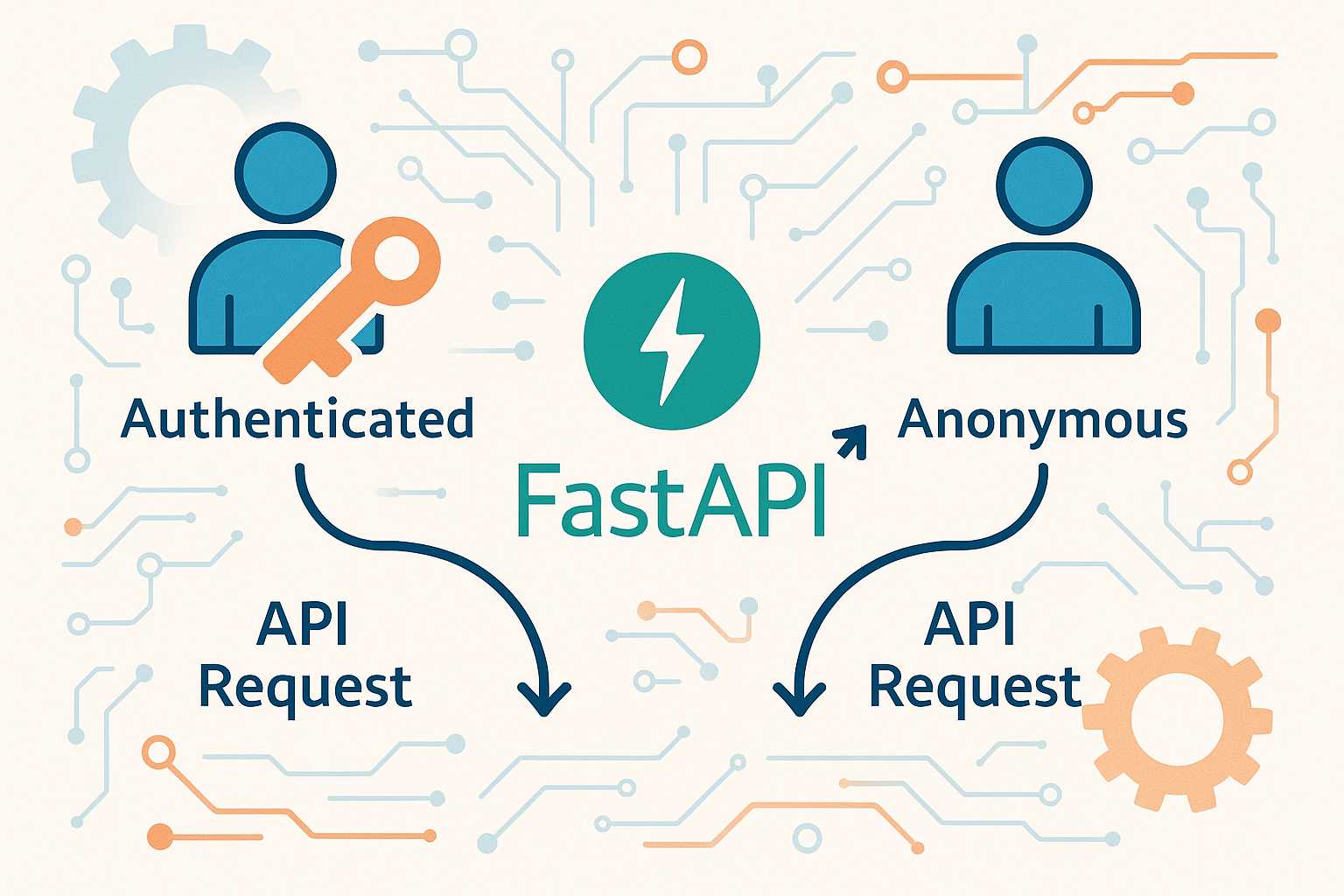
Making FastAPI Dependencies Optional: Flexible API Design Tips
FastAPI’s dependency injection system is one of its defining features, letting you elegantly manage request-scoped values, authentication, data access, and more. In many cases, dependencies are required, but sometimes you want to make them optional. Maybe your endpoint has different behavior depending on whether the client is authenticated, or perhaps you want to provide a…
-
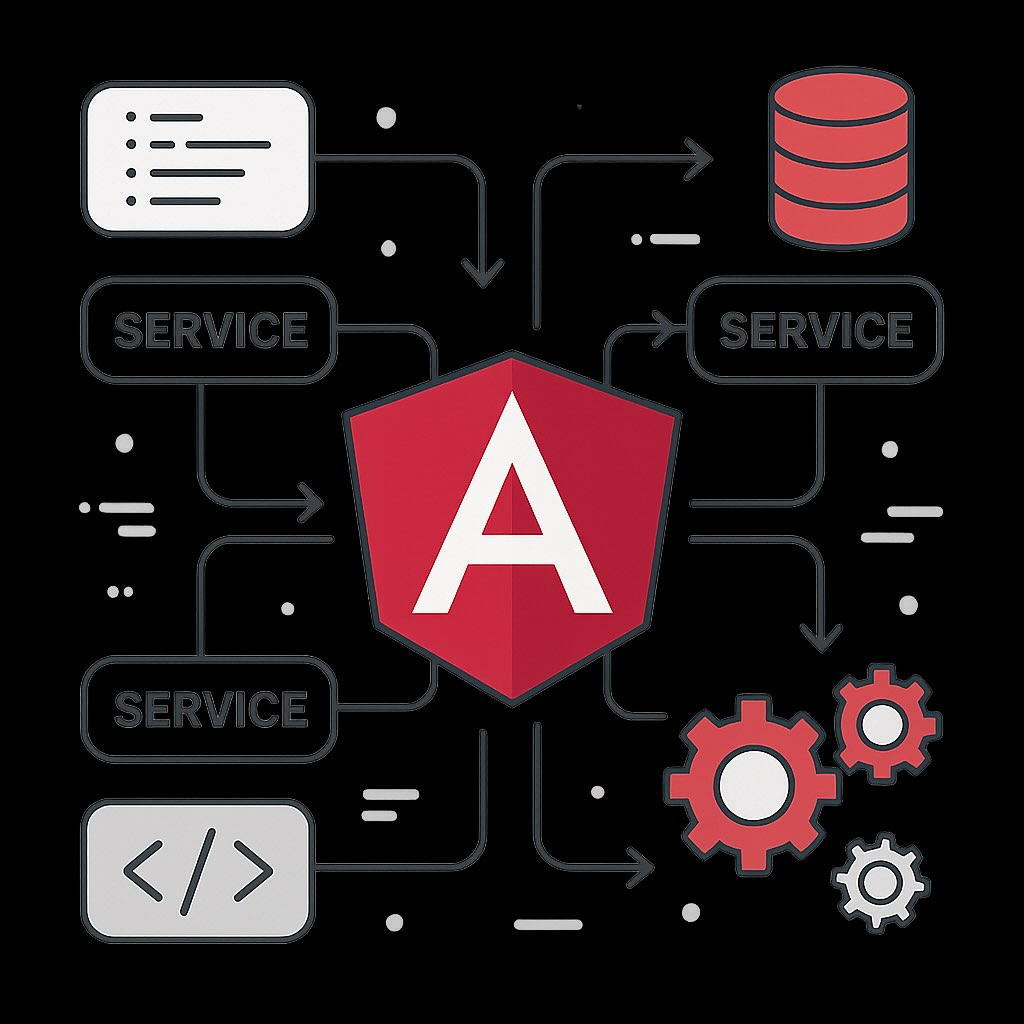
An Introduction to Angular Services: Structure, Injection, and Best Practices
Services are one of the fundamental building blocks of Angular applications. They allow you to encapsulate logic, share data and functionality across components, and keep your codebase modular and testable. In this article, I’ll discuss the essential concepts behind Angular services, cover the basics of dependency injection, and share best practices for designing your own…
-
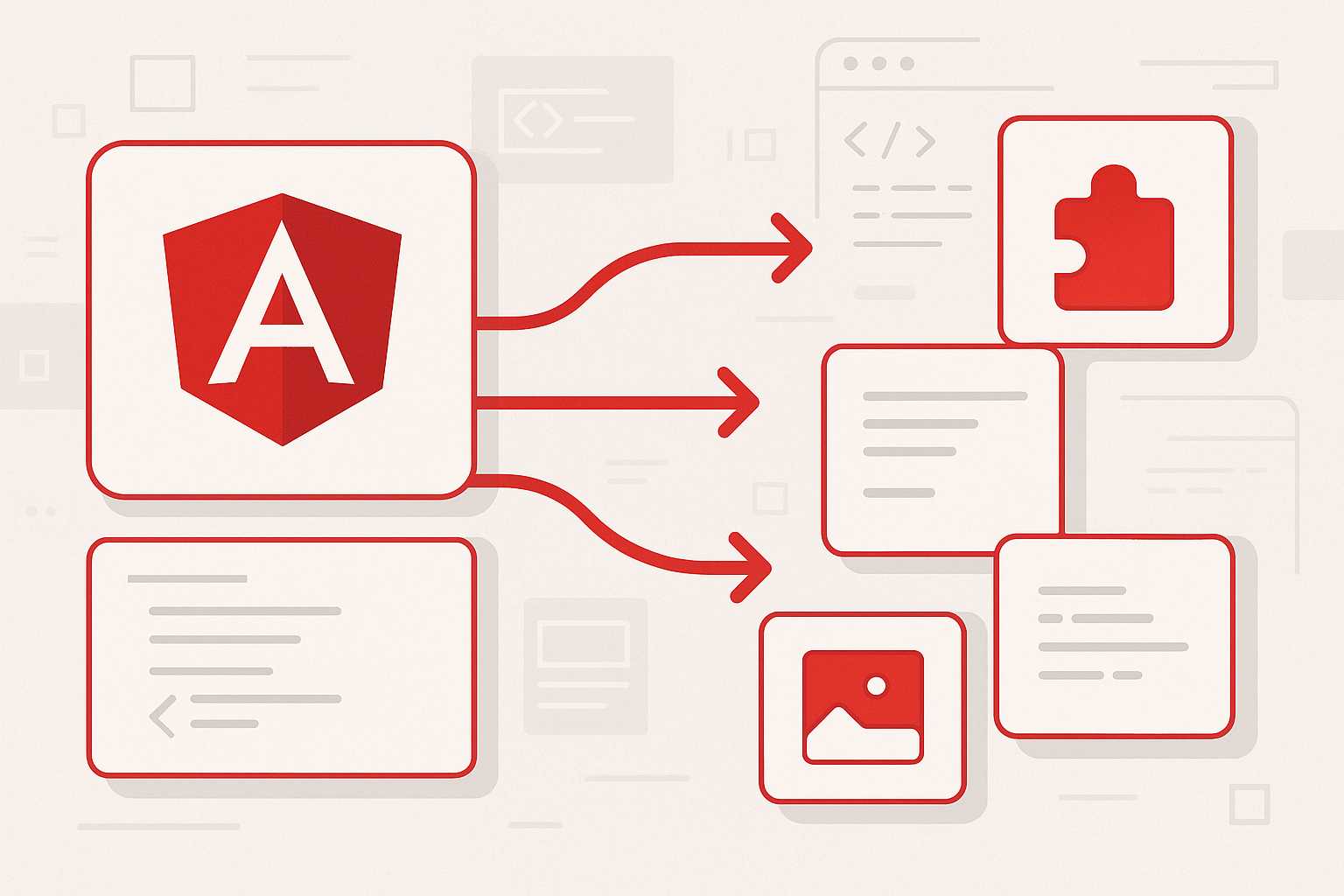
Migrating an Angular Project to Standalone Components: A Step-by-Step Guide
With Angular’s recent releases, standalone components are becoming the default way to structure applications, offering simpler, more modular architectures without the need for NgModules. If you have a legacy Angular project, migrating to standalone components can modernize your codebase and improve maintainability. In this article, I’ll guide you through the process of migrating an existing…
-
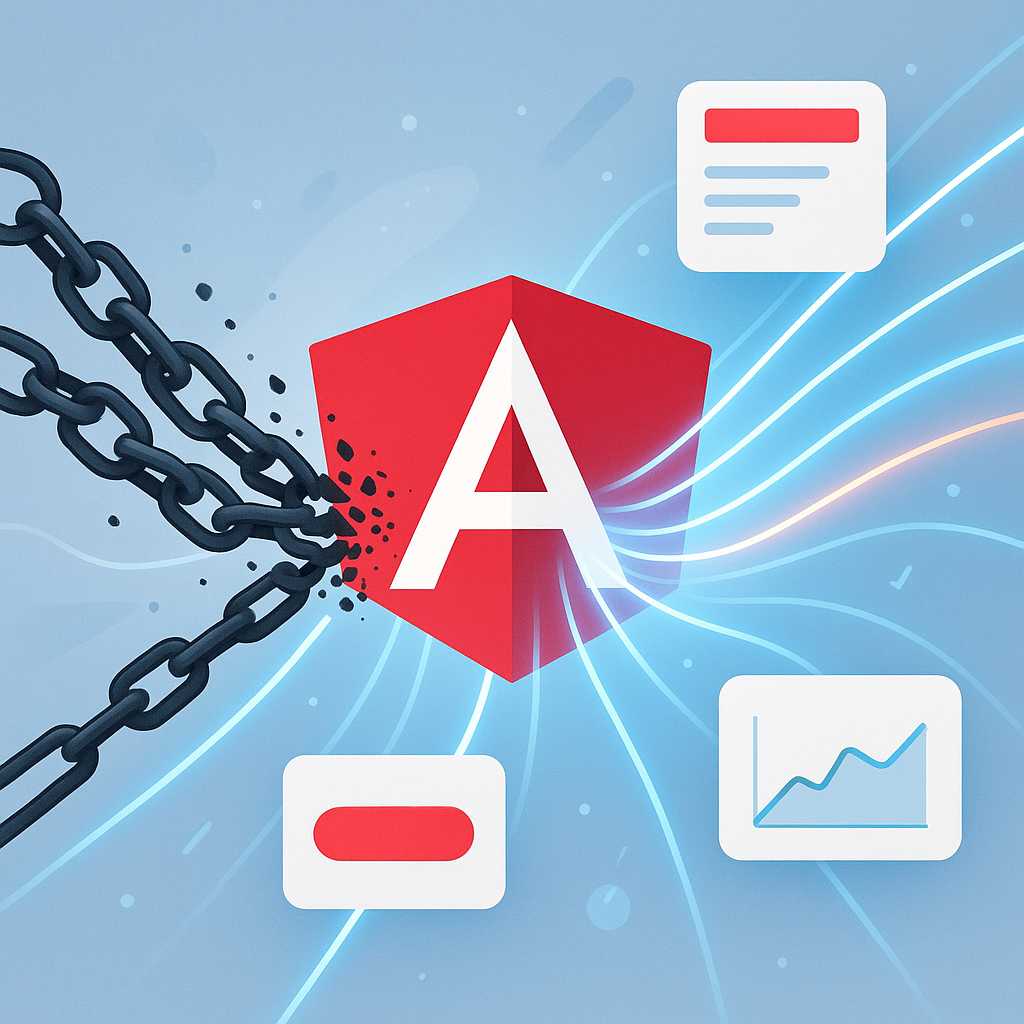
Understanding Angular’s Zone-less (Zone.js Free) Future: What Developers Need to Know
Angular has long relied on Zone.js to drive its powerful change detection mechanism, making complex applications possible with relatively little manual wiring. However, with the introduction of Angular signals and recent improvements in reactive programming models, the Angular team has signaled an intentional move towards a zone-less (zone.js free) future. In this article, we’ll explore…
-
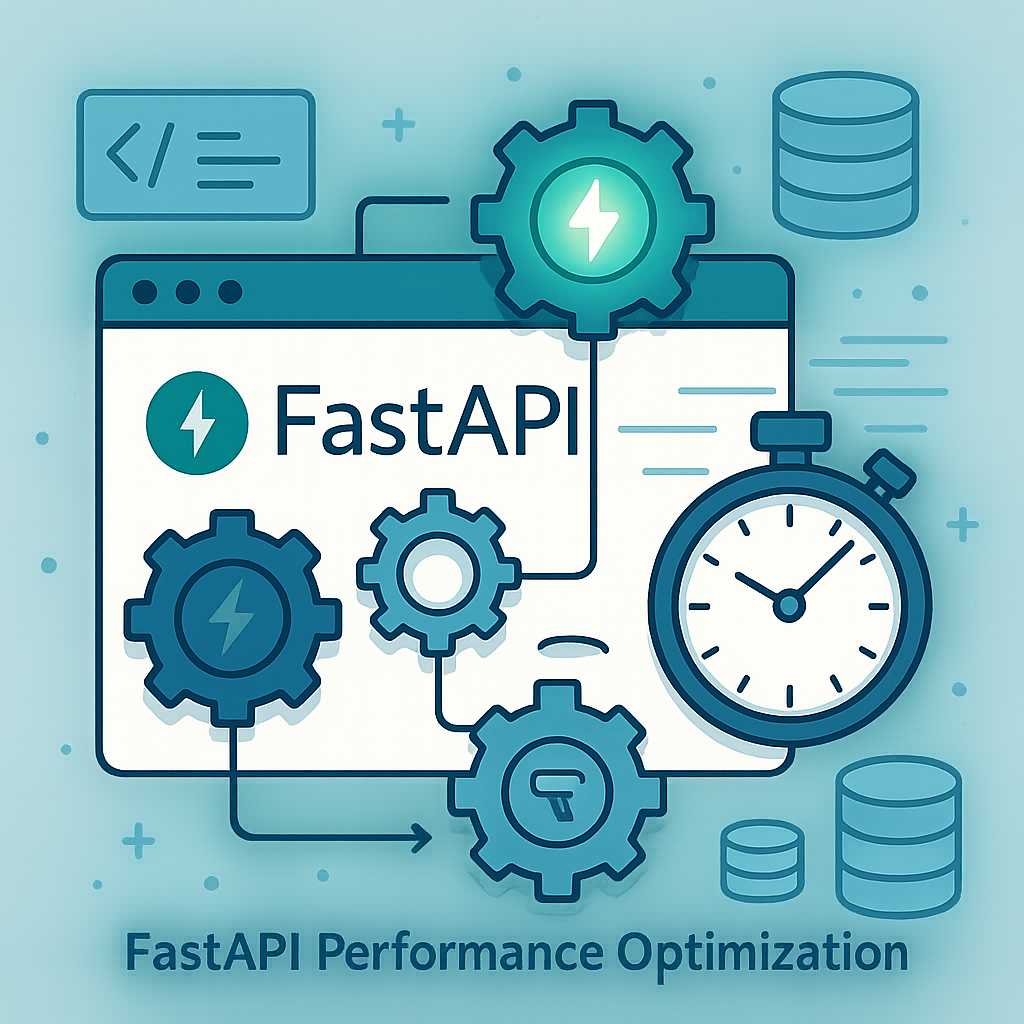
Speed Up Your FastAPI Endpoints with Dependency Caching
When building APIs with FastAPI, you’ll often use dependencies to handle authentication, database sessions, configuration, and more. But did you know that FastAPI can smartly cache these dependencies within a single request, potentially saving you time and resources? In this article, I’ll show you how to leverage dependency caching for better performance and cleaner code.…
